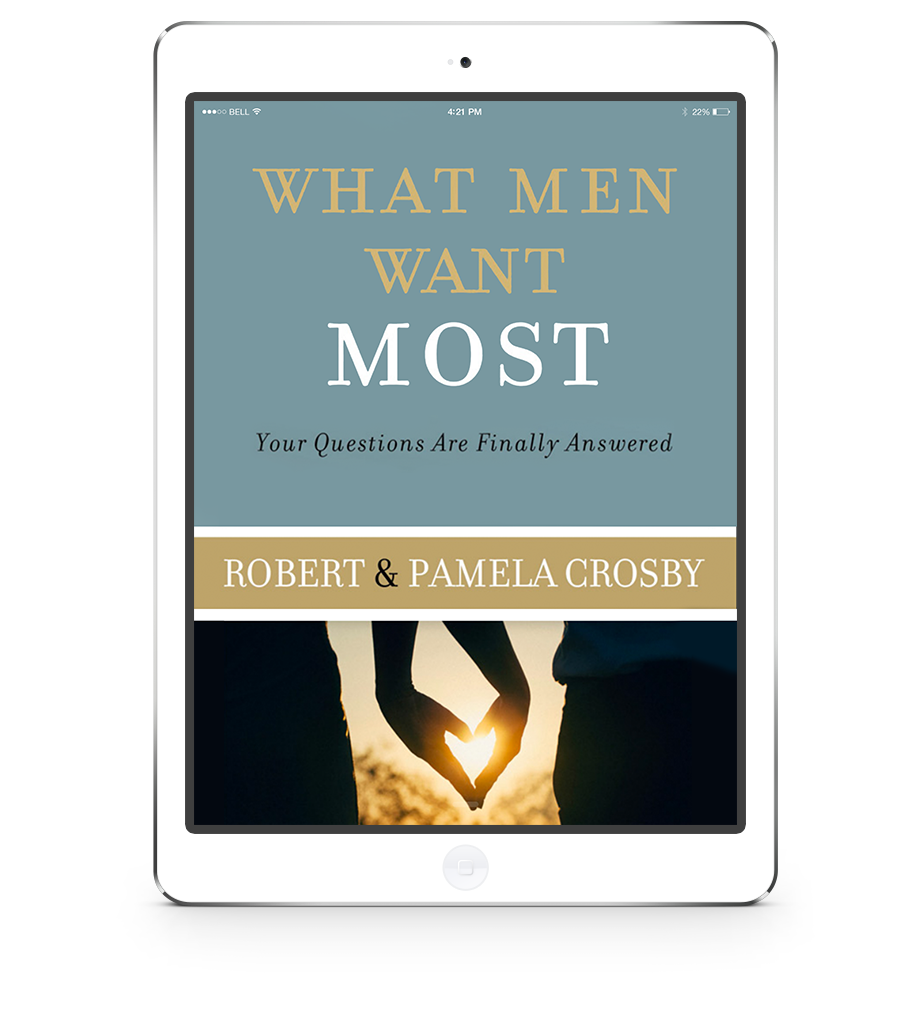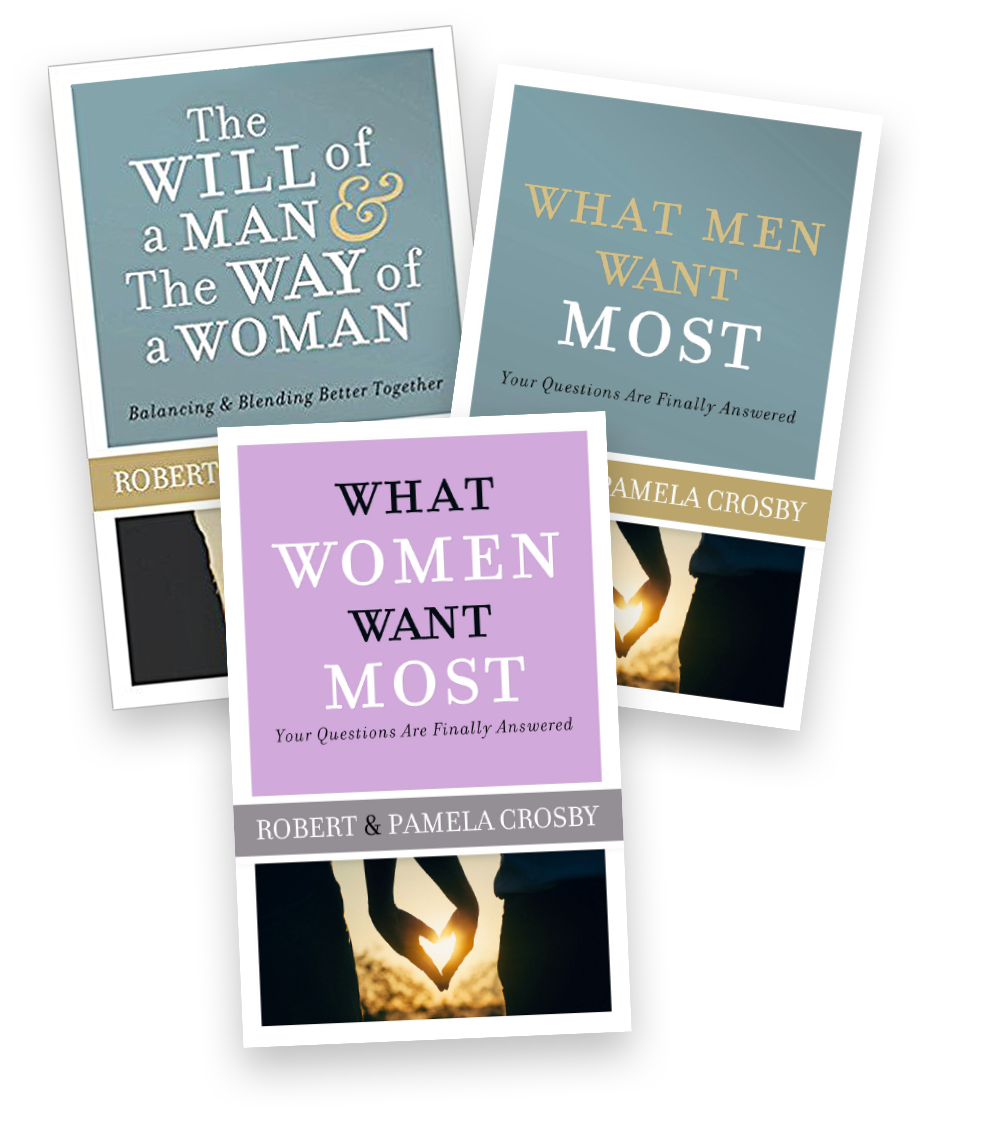So Help Me God! – JFK & Romney
Mitt Romney and John F. Kennedy have something in common. They both have come under sharp scrutiny with the press and with some of the public over their faith. But, perhaps Romney and his team should take a few cues from JFK.
In 1960, with his bid for the presidency in full swing, many people were worried about Kennedy’s Catholicism. At one point, it appeared that the biggest hurdle for him to clear in order to end up in the White House was a religious one. Among the concerns then were: What would it mean to have a Catholic president? Would the pope now become infallible over political policies in Washington as well as doctrinal statements in Rome? Fear gripped more than one mind. The press clamored to the issue.
 Earlier this year, when the Republican Primary season was in full swing, Meet The Press host David Gregory appeared determined to portray a public also deeply concerned about Michelle Bachmann’s faith during his interview with her. Despite the fact that she had just won the Iowa straw poll, over half of his questions were on the subject of her faith or religious convictions. While questions of faith are certainly of interest and important, Gregory’s tone and tenacity over the subject nonverbally communicated, “Can we trust a religious kook such as you to be president?” Among his apparent concerns: What might it mean to have an evangelical or charismatic Christian president? Would a person who looks to God for guidance personally actually consider asking God for leadership guidance as president, as well?
Earlier this year, when the Republican Primary season was in full swing, Meet The Press host David Gregory appeared determined to portray a public also deeply concerned about Michelle Bachmann’s faith during his interview with her. Despite the fact that she had just won the Iowa straw poll, over half of his questions were on the subject of her faith or religious convictions. While questions of faith are certainly of interest and important, Gregory’s tone and tenacity over the subject nonverbally communicated, “Can we trust a religious kook such as you to be president?” Among his apparent concerns: What might it mean to have an evangelical or charismatic Christian president? Would a person who looks to God for guidance personally actually consider asking God for leadership guidance as president, as well?
Gregory’s questions included these:
•“To what extent does your relationship with God mean that you take cues from God for decisions that you make and that you would make as president?”
•“God has guided your decisions in life. Would God guide your decisions that you would make as president of the United States?”
Gregory seemed shocked at the idea that Bachmann would actually seek God for guidance should she be elected as president. At one point, he even said, “But you said that … God called me to run for Congress. [That] God has said certain things about, you know, going to law school, about pursuing other decisions in your life. There’s a difference between God as a sense of comfort and safe harbor and inspiration, and God telling you to take a particular action.”
The fair observer would have to admit at least that Bachmann’s answers were clear, uncompromising and unrehearsed: “as president of the United States, I would pray. I would pray and ask the Lord for guidance. That’s what presidents have done throughout history. … All I can tell you is what my experience has been. I’m extremely grateful to, to have a faith in God. I, I see that God has so blessed this country. … He’s been very good to our country. And I think that it’s important for us to seek his guidance and to pray and to listen to his voice.”
For a serious-minded Christian (or Christ-follower), the answer to Gregory’s question is … YES, God is a “comfort” and “inspiration”, certainly, but so much more. Christians pray to the God who they believe truly hears and answers. That doesn’t make them “holier than thou” or “extreme”, but simply people who trust in God and value a government that celebrates the freedom to do so. For the Christian, God is the source of all wisdom. The whole of Scripture, Old Testament and New, presents a God who desires to lead people in wisdom. And, might I add, does anyone remember a time when praying for wisdom and guidance seemed any more critical than right now?
 On the campaign trail in 1960, the questions about his religion heated up so much for JFK that on Sept. 12 of that year the then Democratic presidential candidate travelled south and gave a major speech to the Greater Houston Ministerial Association, a group of Protestant ministers. As he spoke, Kennedy stood up to the issues and made a few key points that Bachmann, Obama, Romney and every other candidate and campaign manager should take a fresh look at now, at the start of this campaign season. At least four clear principles imbedded in Kennedy’s words need to be revisited by the current slate of candidates and, even more so, by the news media. They are:
On the campaign trail in 1960, the questions about his religion heated up so much for JFK that on Sept. 12 of that year the then Democratic presidential candidate travelled south and gave a major speech to the Greater Houston Ministerial Association, a group of Protestant ministers. As he spoke, Kennedy stood up to the issues and made a few key points that Bachmann, Obama, Romney and every other candidate and campaign manager should take a fresh look at now, at the start of this campaign season. At least four clear principles imbedded in Kennedy’s words need to be revisited by the current slate of candidates and, even more so, by the news media. They are:
1. Too often the press focuses on questions of controversy, thereby undermining the much-needed opportunity for voters to actually hear from candidates themselves on substantive issues that are germane to our nation’s prosperity and security.
JFK said: “…because I am a Catholic, and no Catholic has ever been elected president, the real issues in this campaign have been obscured — perhaps deliberately, …”
2. Although as a nation we pride ourselves on our religious “freedom”, too often it seems that the more “religious” a person is, the less freedom the press affords them to speak on a wide range of subjects that will give opportunity to display their command of the issues.
JFK said: “…while this year it may be a Catholic against whom the finger of suspicion is pointed, in other years it has been, and may someday be again, a Jew— or a Quaker or a Unitarian or a Baptist. … Today I may be the victim, but tomorrow it may be you…”
3. In choosing a candidate, actions speak louder than stump speeches. Too often the press pulls candidate’s words right out of their contexts of origin, edits out the surrounding clarifying information and tosses them recklessly into uninformed contexts. They trade in the factual for the sensational; behaving more like political paparazzi than true journalists.
JFK said: “I ask you tonight to … judge me on the basis of my record of 14 years in Congress, … instead of judging me on the basis of these pamphlets and publications we all have seen that carefully select quotations out of context from the statements of Catholic church leaders,…”
4. Don’t confuse political candidates for denominational leaders or theologians.
JFK said: “… contrary to common newspaper usage, I am not the Catholic candidate for president. I am the Democratic Party’s candidate for president, who happens also to be a Catholic. I do not speak for my church on public matters, and the church does not speak for me.”
Perhaps most poignant and clever of all the words used in Kennedy’s speech that day were those in the final couple of paragraphs. In light of the controversies and conversations of today, the ones faced by Bachmann, Romney, and even President Obama three years ago for that matter, these words are worth another read:
• “I do not intend to apologize for these views to my critics of either Catholic or Protestant faith, nor do I intend to disavow either my views or my church in order to win this election.”
• “…if this election is decided on the basis that 40 million Americans lost their chance of being president on the day they were baptized, then it is the whole nation that will be the loser ….”
It was Jesus who said, “For by your words you will be justified and by your words you will be condemned (Matt. 12:37).” So, then … to Bachmann, Obama, Romney, and all other presidential candidates in the future seeking to lead the free world, regardless of your politics, please take heed to your words and the words of those who have gone before you. It wouldn’t hurt Democrats to take a closer look at Reagan’s speeches; and it wouldn’t hurt Republicans to do the same with JFK’s, who wisely closed his speech in Houston by saying, “…if, on the other hand, I should win the election, then … I will faithfully execute the office of president of the United States, and will to the best of my ability preserve, protect, and defend the Constitution, … so help me God.”
Robert Crosby is a Professor of Practical Theology at Southeastern University (Lakeland, FL), a contributor to Christianity Today, the author of several books including a new one The Teaming Church: Ministry in the Age of Collaboration (Abingdon Press).







